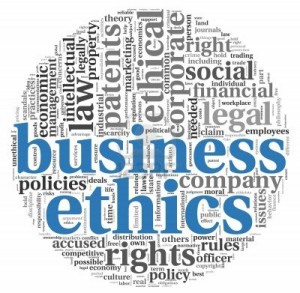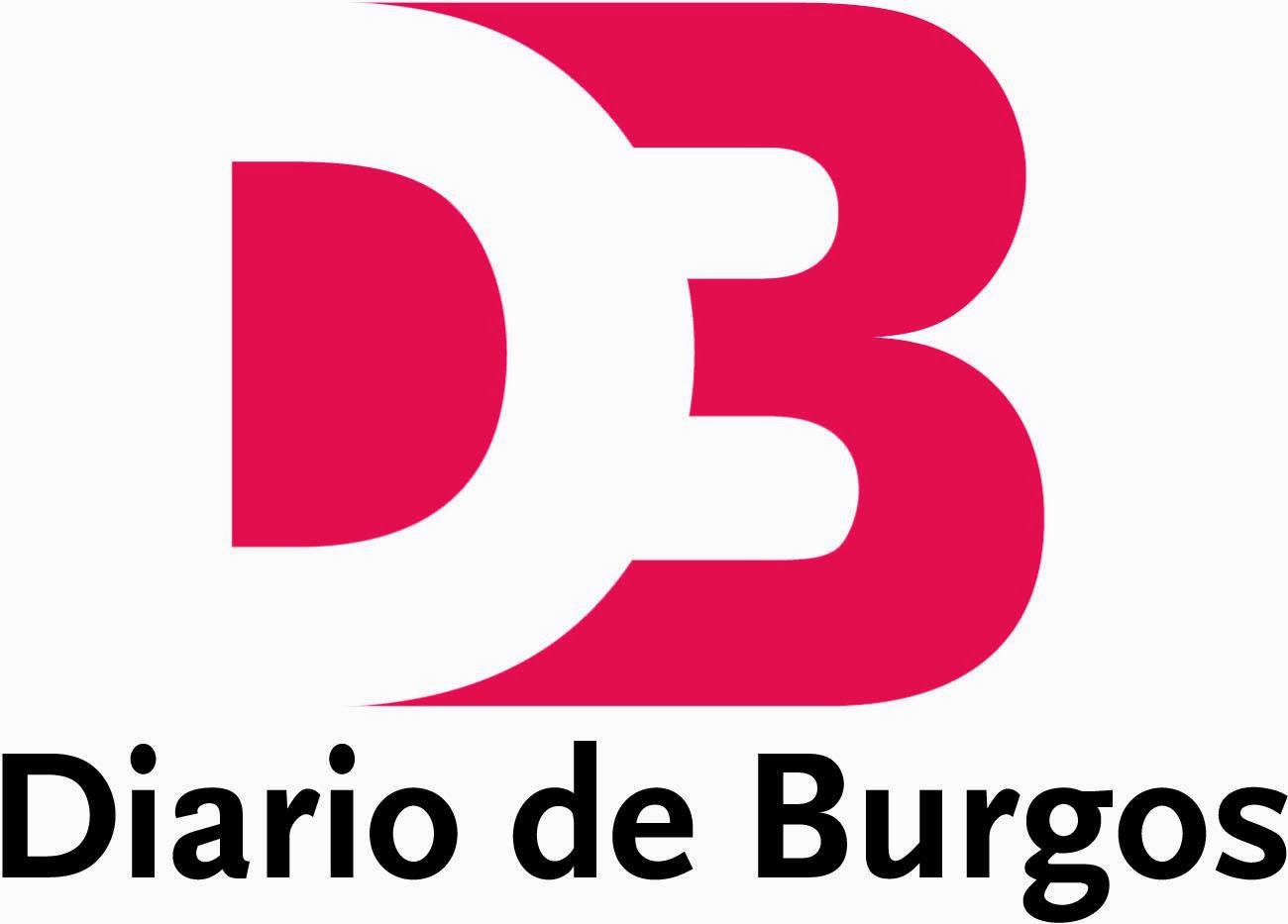Are you an ethical professional?
 The objective of this post is to identify an ethical professional and not end up looking for a superhero, and to discover ethical behaviour but not wind up in absurd debates over morality or immorality.
The objective of this post is to identify an ethical professional and not end up looking for a superhero, and to discover ethical behaviour but not wind up in absurd debates over morality or immorality.
To face this issue, let me back to the classics, let me back to Kant, he author of “The Critique of Practical Reason” and “The Critique of Pure Reason”. I my understanding Kant has become, two hundred years after he lived, the guru of this ethics fashion for three simple reasons: firstly, because of a recommendation, for his categorical imperative: “Work so that your behaviour can always serve as a principle of universal legislation” (or in other words, behave in such a way that your conduct can serve as an example for all). Secondly, for the affirmation: good will is the only good without any restriction at all. And thirdly, for his idea of duty: “you should honour your promises”.
Using those three premises, we can find answers three questions about business ethics.
1. When a business is ethical? We have to admit that the logical and common objective of any business is to make money. Businesses are business, not charities; their ultimate goal is to make money. Integrating ethics into business (and here comes Kant) means developing the business in line with the limits laid out by the society in which the business activity is taking place. Defining and putting those limits in place is not an easy task, but there is a clue: put yourself in the shoes of your customers, employees, or suppliers... and treat them as you would like to be treated. Doing so the results will be seen in the long run.
2. How can we find an ethical professional? How head hunters search for ethical professionals? In my understanding, the best way to know if someone is an ethical professional or not is by asking for references. But take care; we are not talking about references from their bosses. Get them from their team-members, their colleagues, their clients, their providers, and if pushed, from their competitors. Above all, try and find out one thing: whether they keep their promises or if they have deceived others more than once. Never trust a professional who only kept their word where their bosses were concerned. If many people say that someone kept their promises then, following Kant, you have a good clue as to their ethics.
3. When is professional behavior ethical? Well, let me cite some two-hundred-year-old Kant again: professional behaviour is ethical when it tries to fulfil its duty. And let me also add something from my own experience: when you put the interests of the institution above your own personal interests you know things are being done well. Also think: how many times have you given up, stopped everything and sent it all to hell, despite knowing that the consequences could be more far reaching than just a simple bump in the road? There you have it. That’s what ethical behaviour is about: doing what you have to do with absolute loyalty to your employer who pays your wages.
And there we have it: In the end, it isn’t such a new thing or even that complicated. You certainly don’t have to be a superhero to follow this kind of ethics. Read a bit of Kant and remember to act so that others follow your example. And if you don’t believe me, think about who it is that your children learn from…
Extract of a post published in the daily paper “Diario 5 Días” November 15th, 2002









